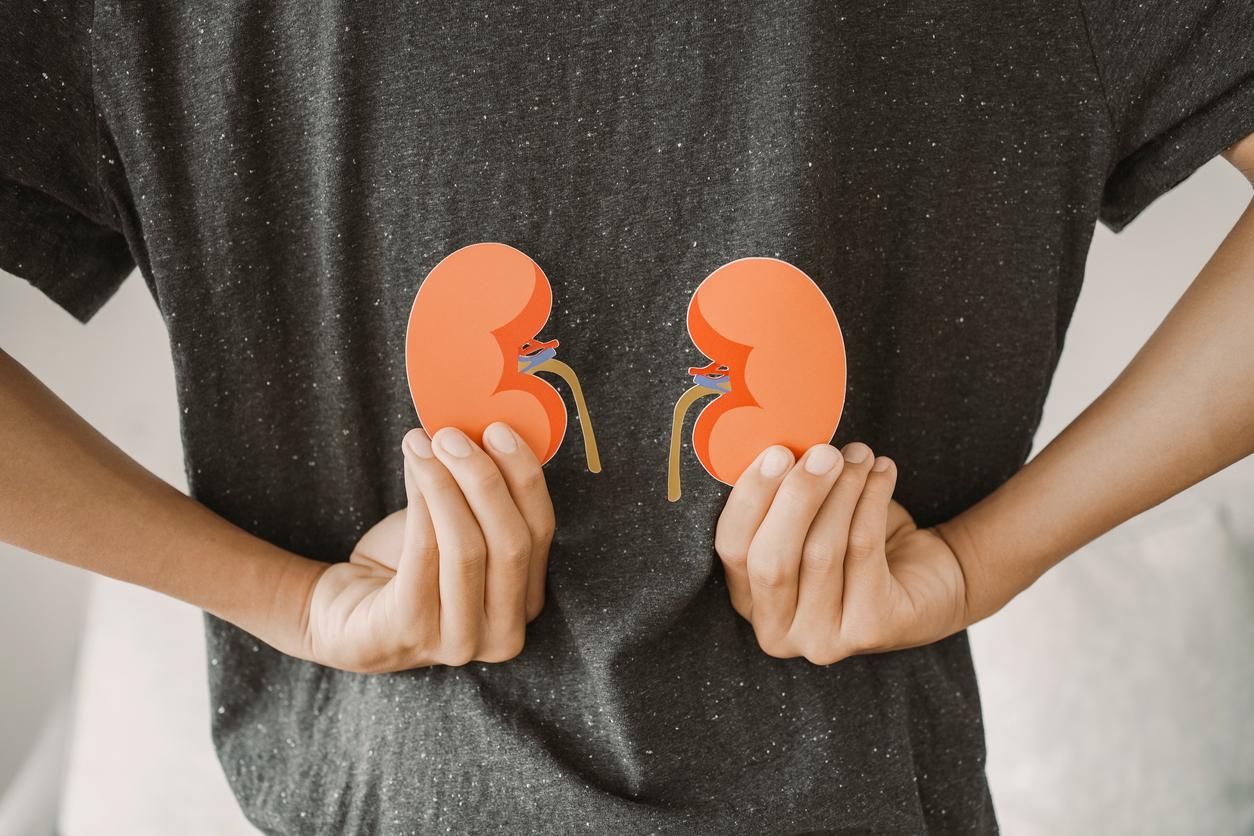German scientists have discovered that certain vitamin metabolites can help treat glomerulonephritis.

- Glomerulonephritis refers to several types of chronic kidney inflammation.
- Mice with more MAIT cells were protected against glomerulonephritis.
- Vitamin B2 metabolites could be used to complement existing therapies and make them more effective.
“Glomerulonephritis”. This term refers to several types of chronic kidney inflammation. Most of these conditions are caused by auto-aggressive immune reactions that damage kidney tissue. Although glomerulonephritis can be treated with immunosuppressive medications, such as corticosteroids, sometimes there is no way to stop the self-defeating immune response. This can lead to complete loss of kidney function, requiring continued dialysis or a kidney transplant.
Recently, researchers at the University Medical Center Hamburg-Eppendorf revealed that vitamin B2 derivatives can alleviate chronic kidney inflammation. To reach this conclusion, they examined mucosa-associated invariant T cells (MAIT cells) in healthy and inflamed human kidneys. These rare immune cells are normally found in mucosal tissues, such as the intestine or lungs, where they play a role against infections.
Glomerulonephritis: MAIT cells protect the kidneys
According to the results, published in the journal Nature Communicationsthese cells are activated by the metabolites of vitamins B2 and B9 and thus trigger defense reactions. “In the kidneys of patients with glomerulonephritis and mice with models of these diseases, these rare immune cells were activated by kidney-resident immune cells – known as mononuclear phagocytes – which produce molecules that attract MAIT cells “, explained Jan-Eric Turner, co-author of the work, in a statement.
Mice lacking MAIT cells or in which mononuclear phagocytes could not attract MAIT cells experienced more severe progression of their glomerulonephritis. Conversely, some of the mice that had more MAIT cells were protected.
Kidney inflammation: using vitamin B2 metabolites to make therapies more effective?
In one trial, scientists treated mice suffering from glomerulonephritis with an artificial metabolite of vitamin B2, which helped mitigate the progression of the disease. “The protective effect was not strong enough to completely prevent glomerulonephritis,” said Christian Kurts, who also participated in the research. However, they believe that vitamin B2 metabolites could be used to complement existing therapies and make them more effective or to reduce the dose of corticosteroids needed for treatment. “Further research and clinical trials will be needed before this becomes a viable treatment option,” the authors concluded.















